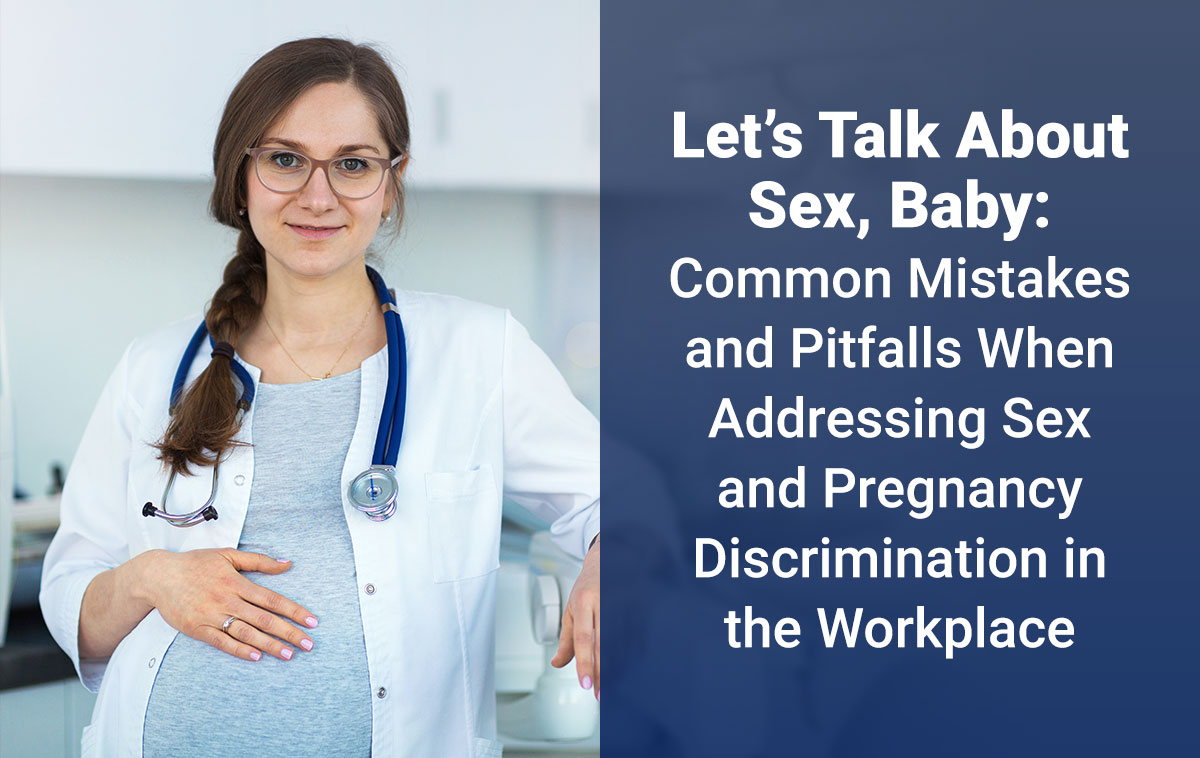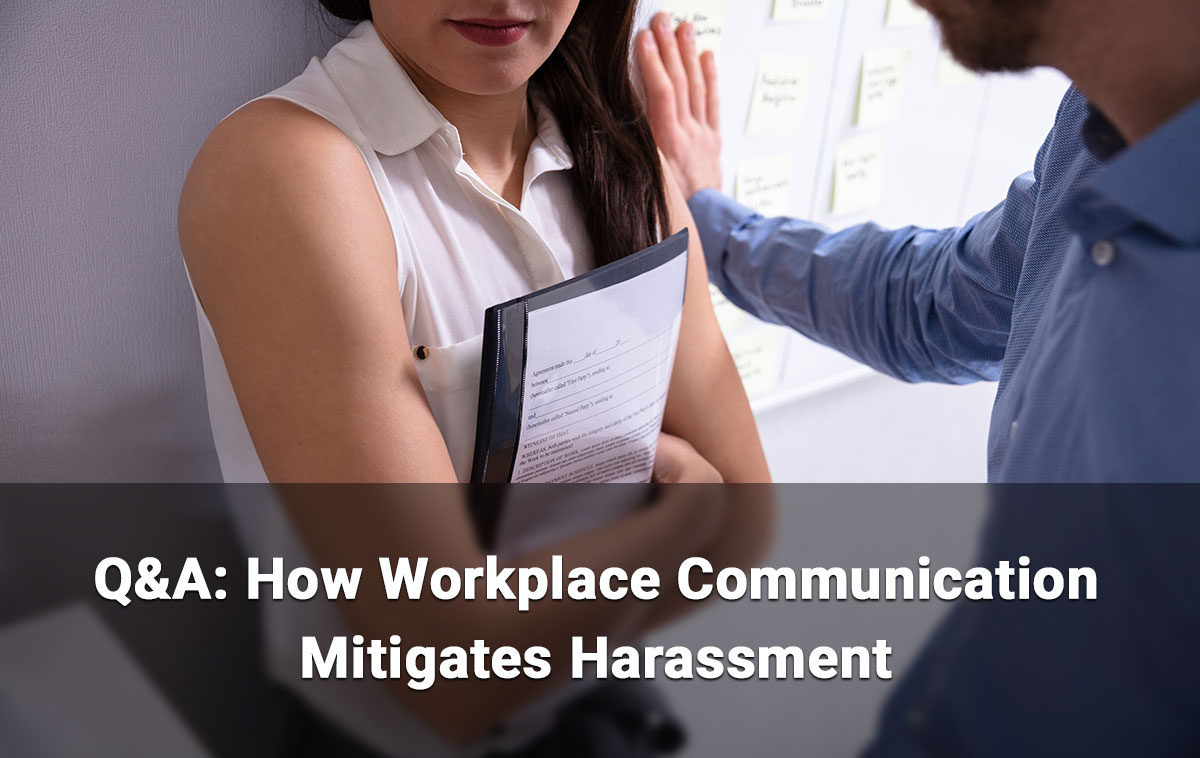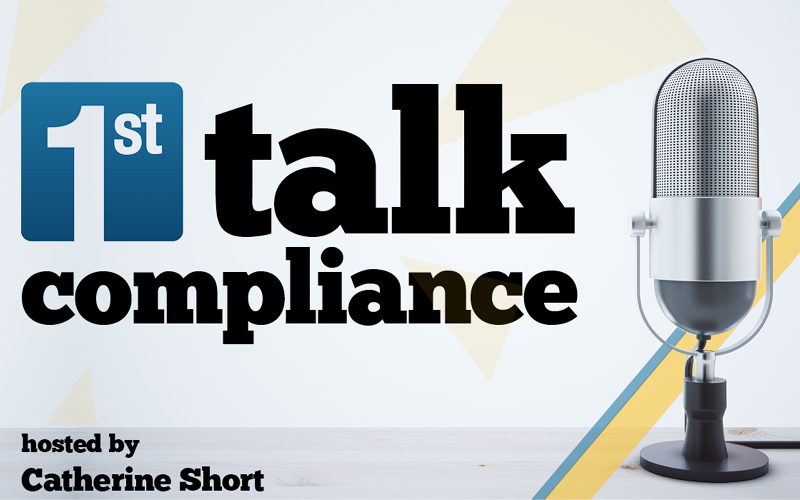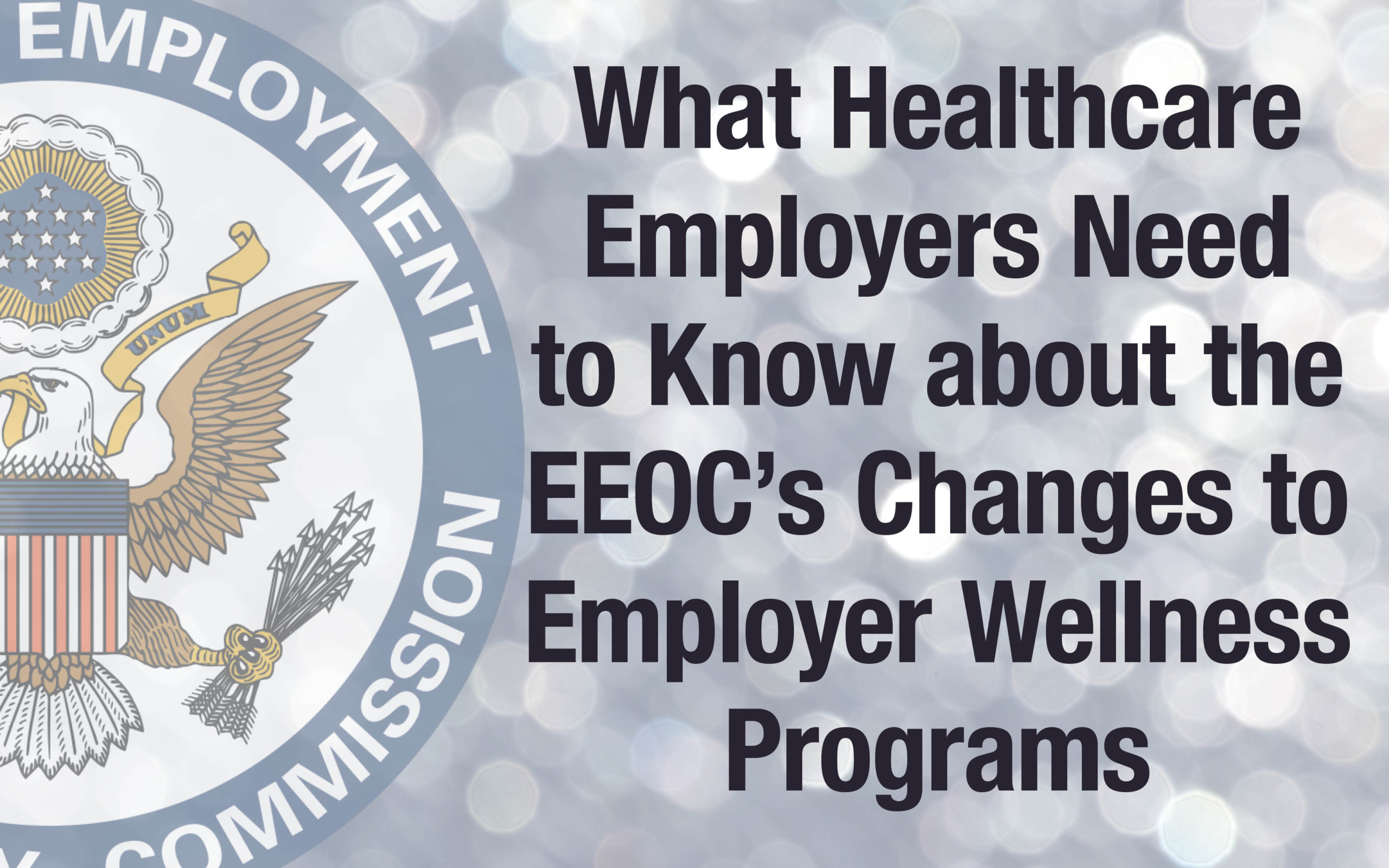EEOC Files Landmark Lawsuit for LGBT Employees
Federal anti-discrimination laws are an evolving beast and the Equal Employer Opportunity Commission (EEOC), the agency charged with enforcing these laws, has made it a priority in recent years to ensure that the law evolves to include protections for lesbian, gay, bisexual, and transgender (LGBT) individuals.
Currently, under the main federal anti-discrimination law affecting employers with 15 or more employees, Title VII of the Civil Rights Act, employees are afforded protections from discrimination on the basis of race, color, religion, sex, and national origin (referred to as the protected classes). Discrimination and harassment based on any of these protected classes is prohibited by law. Title VII includes discrimination based on gender, gender stereotyping, pregnancy, and sexual harassment as forms of sex discrimination. But the EEOC takes a broader view, having concluded that discrimination on the basis of sexual orientation is another form of sex discrimination. (For more information click here.) In addition, many states have followed suit by defining sexual orientation as a protected class. But federal Title VII has yet to explicitly include such protections.
On March 1, 2016, in an effort to standardize the law on this matter, the EEOC filed its first two sex discrimination lawsuits based on sexual orientation in federal court according to a recent press release:
- EEOC v. Scott Medical Health Center, P.C.— The EEOC sued Scott Medical Health Center, P.C., a provider of pain management and weight loss services, alleging that it discriminated against employee David Baxley on the basis of sex when it subjected him to harassment because of his sexual orientation and/or because he did not conform to the employer’s gender-based stereotypes. According to the lawsuit, Baxley’s immediate supervisor knew that Baxley was gay and frequently assailed him with highly offensive anti-gay epithets, and other vulgar epithets based on sex stereotypes. When Baxley complained about the harassment to the medical director, the medical director took no corrective action, resulting in his constructive discharge.
- EEOC v. IFCO Systems NA, Inc. — The EEOC sued IFCO, a provider of reusable plastic containers, alleging that it discriminated against employee Yolanda Boone on the basis of sex by terminating her for complaining about harassment. The lawsuit alleges that Boone’s supervisor harassed her repeatedly because of her status as a lesbian woman, which included sexually suggestive gestures. The EEOC alleges that Boone was retaliated against because she was terminated days after she complained to management and via the employee hotline.
In filing these lawsuits, the federal court will have to determine if sexual orientation discrimination is a type of sex discrimination. Depending on the outcome of these cases, it may be the first of many lawsuits to come. So what impact does this have on the healthcare provider? First and foremost, providers need to have a written policy against discrimination and harassment in the workplace based on the federal anti-discrimination laws and applicable state law(s). Providers should incorporate policies that prohibit discrimination based on sexual orientation and gender identity, even if such discrimination is not recognized by state law, due to the changing legal landscape. Written policies should be followed by proper training so that employees understand their rights and responsibilities. Having a zero tolerance for discrimination promotes a healthy work culture, decreases work disruptions, and avoids the provider ending up in court opposite the EEOC.
Register for our upcoming webinar titled ‘Bulletproof Technique to Prevent Hostility at Your Workplace’ on April 21st at 12pm EST, presented by Yvette Durazo of Unitive Consulting.
In the coming months, 1STHCC will be adding a new suite of training videos, which will include federal discrimination, harassment, and sexual harassment employee training.







